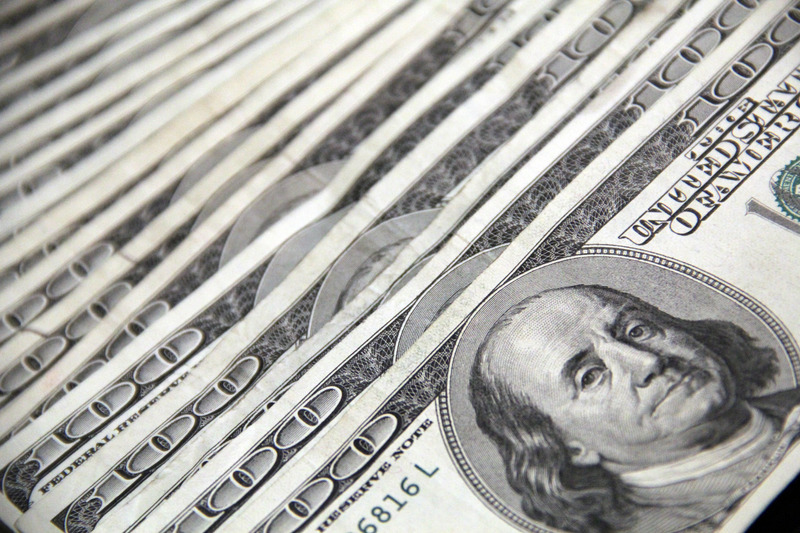
MANILA, Philippines — The World Bank (WB) on Saturday approved $1.25 billion in loans for the Philippines to build safe and resilient schools and develop infrastructure for the maritime sector.
In a statement, the Washington-based multilateral lender said its executive directors greenlighted a $500-million financing for a project called “infrastructure for safer and resilient schools” and a $750-million policy loan for reforms in the domestic shipping sector.
The fresh borrowings are expected to hike the government’s debt stock to P15.02 trillion as of April this year.
READ: World Bank to PH: Invest in youth now for better economy
The first project is designed to support the resilient recovery of disaster-affected schools in the Cordillera Administrative Region, Caraga, Central Luzon, Bicol, Western Visayas, Central Visayas, Eastern Visayas, Davao and Soccsksargen.
This loan will finance the repair, rehabilitation, retrofitting, reconstruction and site improvements of schools that were severely affected by recent earthquakes and tropical cyclones. These interventions, the WB said, will enhance physical learning environments for over 700,000 students, with girls making up half of the beneficiaries.
At the same time, the WB funding would help ensure that both central and local level education authorities have up-to-date protocols and information for operating and maintaining restored school infrastructure.
“By strengthening the resilience of educational facilities, disruptions to learning caused by natural disasters can be minimized, ensuring that children can continue their education with fewer interruptions,” said Fernando Ramirez, senior disaster risk management specialist at WB.
The second project, meanwhile, will support reforms designed to increase investment in public service sectors and attract private investment in public infrastructure, particularly in domestic shipping, WB said.
The undertaking aims to help promote renewable energy, protect the environment, and improve climate resilience.
Through these reforms, the WB hopes the Philippines can transition faster to a greener economy and achieve its environmental and climate objectives, said Ralph van Doorn, a senior economist at the bank.
“The reforms supported by this lending program, if implemented, will encourage private investment, innovation and sustained growth,” Van Doorn added.